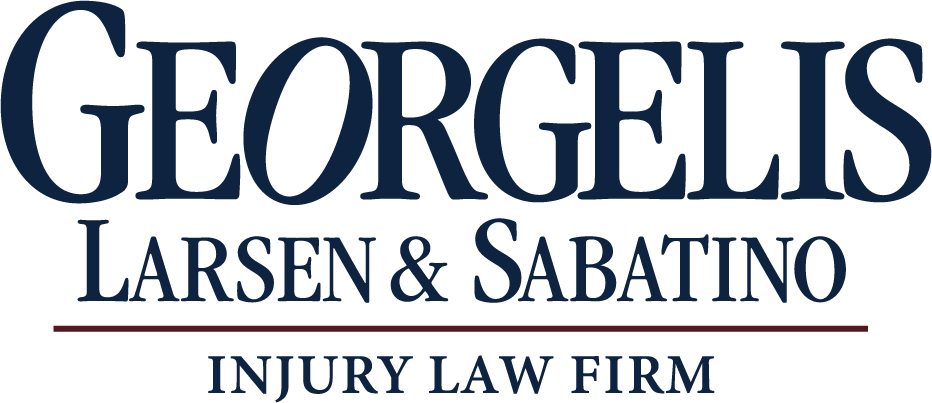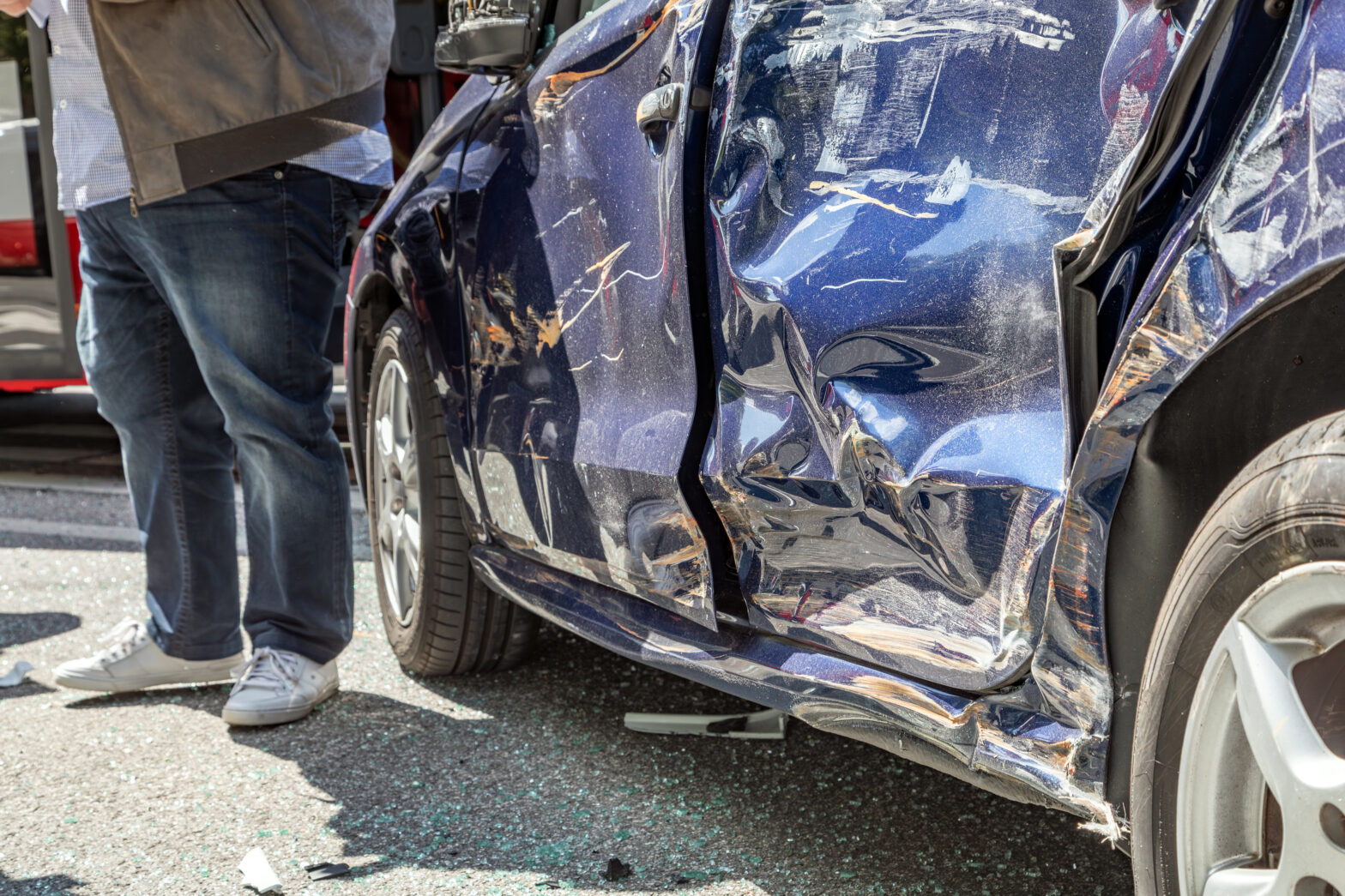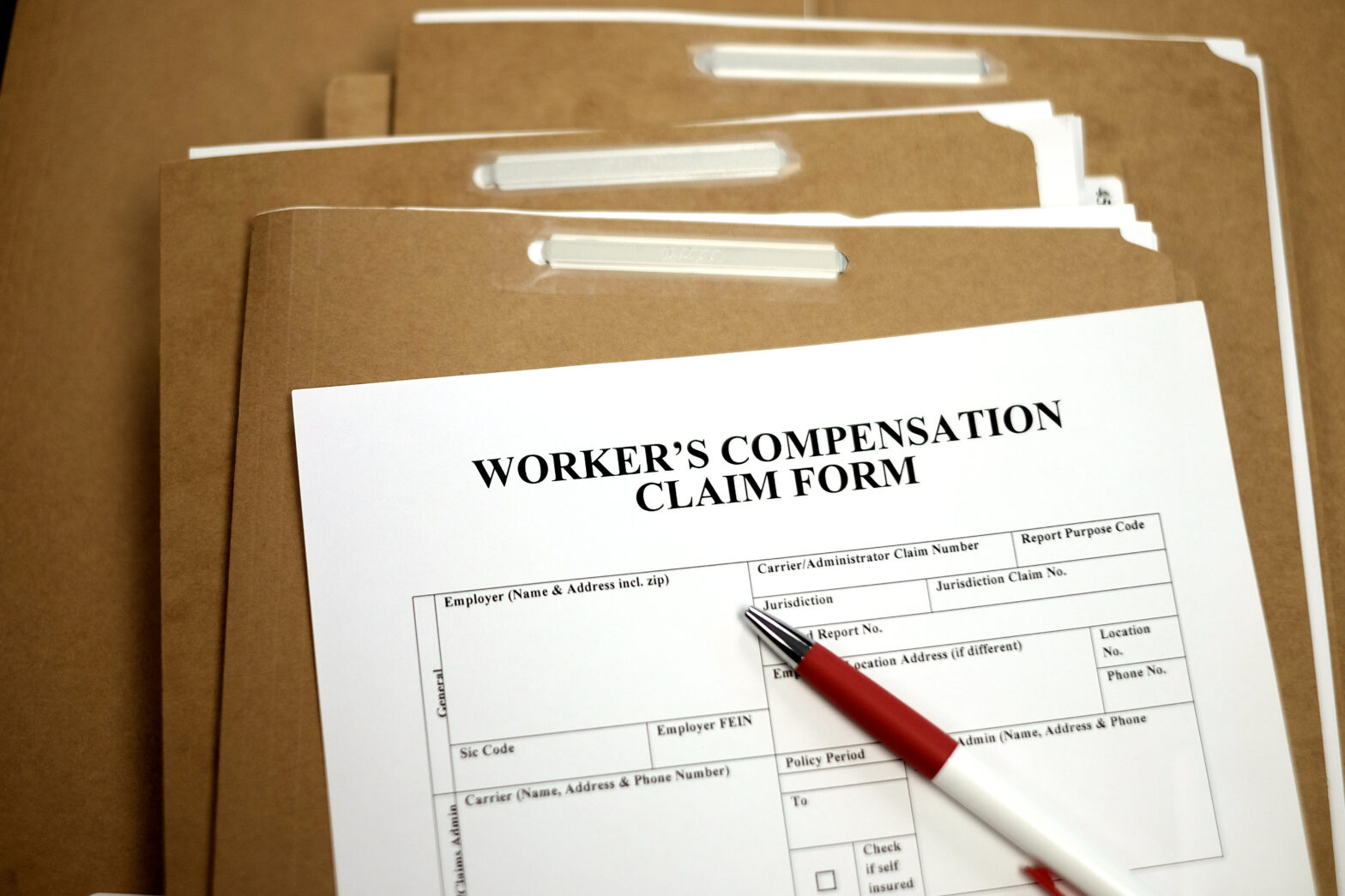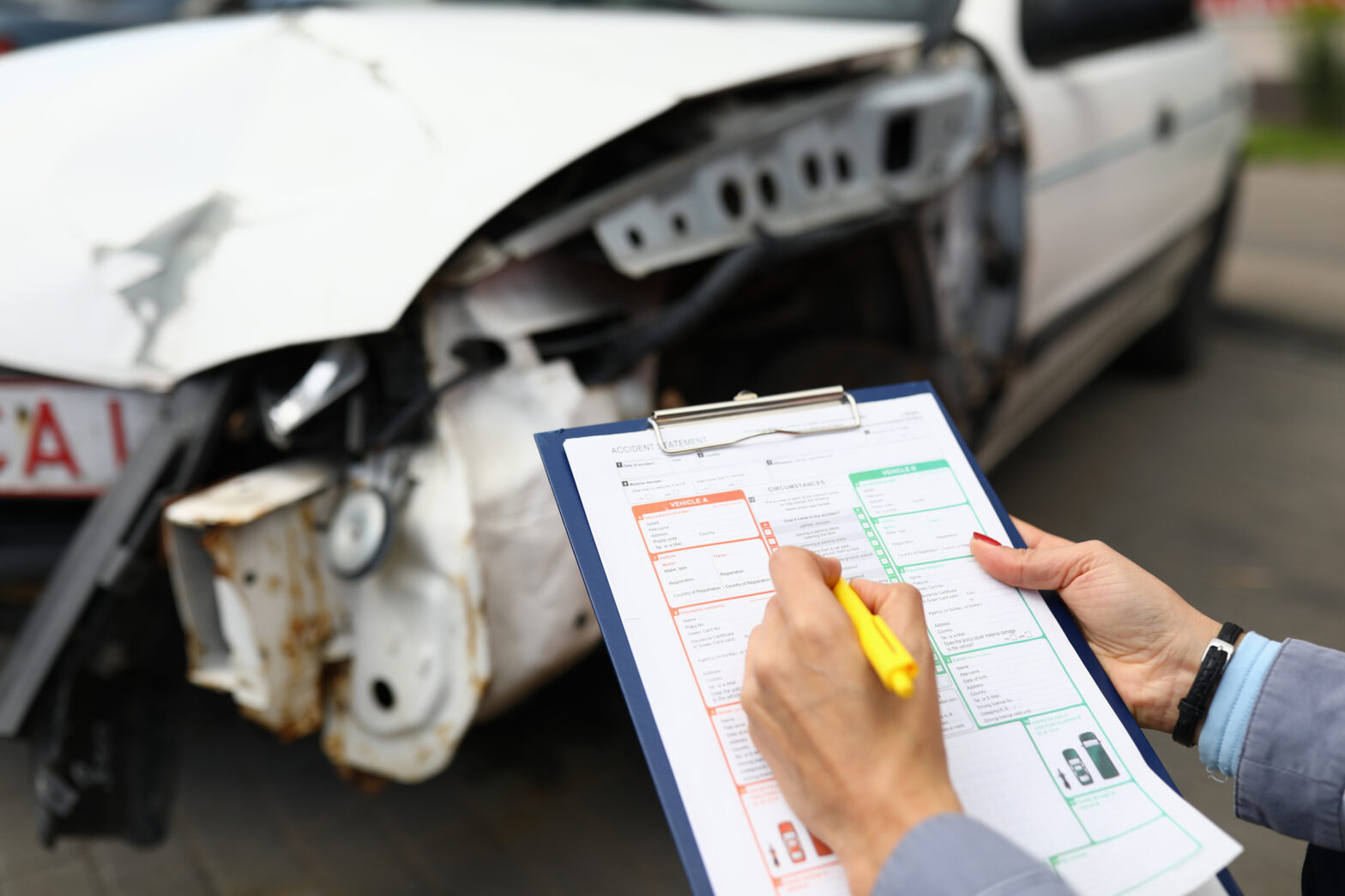Start of Summer Means Increased Risk for Pool Accidents
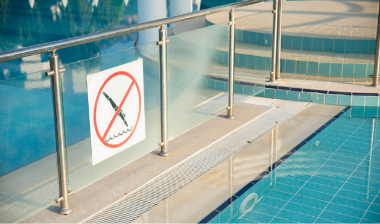
With summer now underway, some swimming pools are open for business. But along with all the fun comes an increased risk for accidents. In 2018, 148 children under the age of 15 drowned in swimming pools or spas in the United States. Of the 148 victims, 112 were under the age of five. Our attorneys at Georgelis, Larsen & Sabatino Injury Law Firm, P.C. deal with some of the most difficult cases—and sadly, some of them involve the drownings of these young children. We feel compelled this time of year to remind everyone about:
- Common Swimming Pool Accidents
- Homeowner Liability
- Steps to Take After a Swimming Pool Accident
Common Swimming Pool Accidents
Federal swimming pool regulations signed into law in 2007, along with safe swimming campaigns by the U.S. Consumer Product Safety Commission were put in place to save lives. Despite the efforts, drowning remains the leading cause of death among children in the U.S.
That said, drowning isn’t the only risk that comes with a swimming pool or hot tub. Our attorneys see many life-altering injuries from pool accidents including:
- Diving Board Injuries: When companies install swimming pools that are less than six feet deep, they often include signs to warn swimmers that diving is not safe. Despite those signs, hundreds of swimmers are rushed to the emergency room each year after suffering traumatic brain or spinal cord injuries after a dive goes terribly wrong.
- Slip and Fall Injures: If you hang around a pool long enough, you’ll hear parents and lifeguards shouting to children to stop running. Surfaces around swimming pools and hot tubs are wet and slippery. Falls on this hard surface often lead to broken bones and concussions.
- Submersion Injuries: Swimmers who end up under water for a long period of time due to entrapment, a medical condition or exhaustion can end up with traumatic brain injuries, along with permanent pulmonary and neurological damage.
- Circulation Entrapment Injuries: These happen when someone becomes trapped by suction generated by water rushing out of the drain of a pool or hot tub. These injuries can be severe and include disembowelment and amputation.
Homeowner Liability
Pennsylvania building codes require homeowners to follow certain rules to ensure the safety of anyone in or around their private swimming pool. Some of the basic guidelines are as follows:
- All pools must be fenced on all sides with a structure that is at least 48 inches tall (four feet).
- Fence gates must be self-closing and latching and must open outwards. Further, the mechanism to open the fence must have a latch that is at least 54 inches above the ground.
- Pickets must be four inches or less apart.
- Before a homeowner builds a fence, a building inspector must approve the type of fence and the type of construction used. The fence must also be inspected after installation to ensure it meets code.
- Above ground pools require a four-foot barrier all the way around the swimming area with a lock-up ladder. (If the sides of the pool are 48 inches tall, it may be considered the fence). A removable or locking ladder is required and it must be removed or locked when the pool is not in use.
Steps to Take After a Swimming Pool Accident
Injuries from swimming pool accidents can be catastrophic. Some require long-term or lifelong medical treatment, which can cost an astronomical amount of money and significant time off work. To be sure injured swimmers are fully compensated for their injuries and lost wages, it is very important to file an insurance claim, and in some cases a lawsuit.
Pool owners are likely to contact their own insurance company immediately following a serious injury on their premises. After that accident, the injured will likely be contacted by an insurance adjuster in a matter of days. Call Georgelis First before talking to the insurance company!
In the event of swimming pool accident, insurance claims can be tricky because of all the moving parts. Was the accident at a public or private pool? Did the owner follow all applicable federal, state and local regulations related to swimming pool safety? Did negligence come into play?
We have worked many swimming pool accident and drowning cases, and we can help you too. Call 1-800-HURT-NOW and we will come to you if necessary to answer all of your questions. There’s never a fee, until we get money for you!
